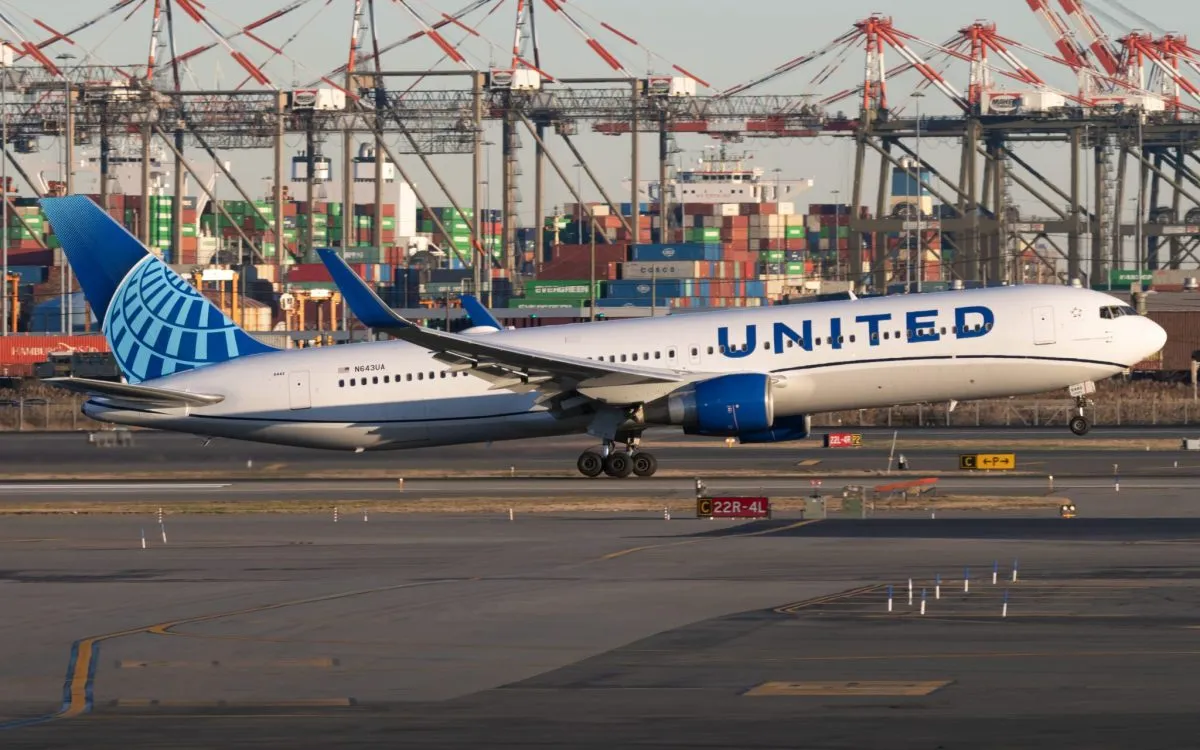Jim Cramer Speaks Out Against 145% Tariff on Chinese Goods, Impacts on U.S. Economy

In a recent episode of his popular financial show, Mad Money, Jim Cramer shared insights on the current state of the stock market, particularly focusing on the implications of the alarming 145% tariff imposed on goods from China. This drastic measure, he argued, is so severe that it resembles an embargo more than a traditional tariff.
Cramer stated, We now have a 145% tariff on Chinese goods. Now, a number that high frankly isnt really a tariff. Its more of an embargo. Almost nobodys gonna pay that much of a markup. Its a recipe for losing money. His comments highlight the potential adverse effects this policy could have on American consumers and businesses alike. The drastic tariff could lead to inflated prices for everyday goods and services, a concern that resonates strongly with many U.S. citizens.
During the episode, Cramer also addressed former President Donald Trump's perspective on trade relations with China. He suggested that Trumps frustration seems directed more towards previous administrations, whom he believes have permitted China to exploit U.S. trade policies, rather than towards current Chinese President Xi Jinping, whom Trump has spoken about with respect. Cramer expressed empathy towards Trump's goals but highlighted the unpreparedness of the nation to handle the repercussions of such a trade strategy. As a nation, shamefully, weve gotten addicted to cheap Chinese imports, he lamented.
In his analysis, Cramer indicated that the current economic climate is creating a sorting period where the market will differentiate between companies that are heavily reliant on Chinese trade and those that are not. Unfortunately, many esteemed companies that employ large workforces may find themselves at risk in this new economic landscape, presenting a serious concern for the economy and workers alike.
Cramer further elaborated on the potential consequences of cutting economic ties with China. He asserted that while it is theoretically possible for the U.S. to operate independently of China, the reality would involve significantly increased domestic costs, a rise in unemployment, and an unavoidable dependency on other global trading partners. He underscored the gravity of the situation by stating, Yes, we have to take them on now or never, but cautioned that the public may not be ready to endure the pain that such a transition would entail.
He concluded with a poignant question for investors: So the bottom line: Is it worth it? His answer was nuanced: It depends. I think its worth some temporary pain to drive a hard bargain though and get a more favorable trade deal out of the Chinese government. But its not worth it to go back [from] $439 billion in imports to zero. Cramers reflections suggest that while some level of economic confrontation may be necessary, the potential fallout could be far-reaching and detrimental.
In addition to his commentary on tariffs, Cramer discussed a list of 12 stocks that he had highlighted in the April 10 episode of Mad Money. The list was curated based on the order of mention and included insights into hedge fund sentiment for each stock as of the fourth quarter of 2024, which was drawn from Insider Monkeys extensive database of over 1,000 hedge funds.
This episode serves as a critical reminder of the interconnectedness of global trade and the potential impacts of policy shifts. As tensions rise regarding U.S.-China trade relations, investors and consumers alike should remain vigilant about the implications of these changes on the U.S. economy.





















